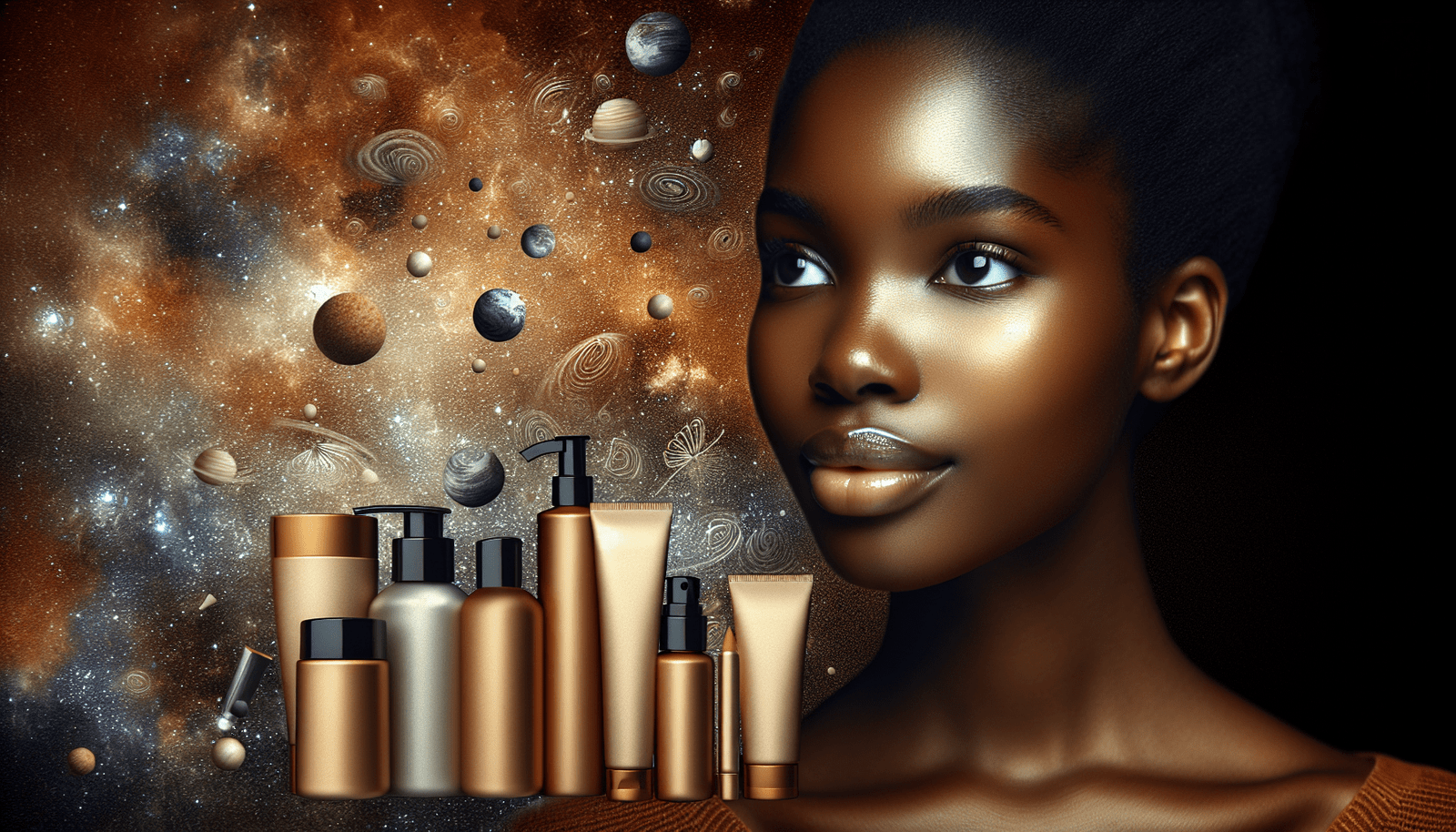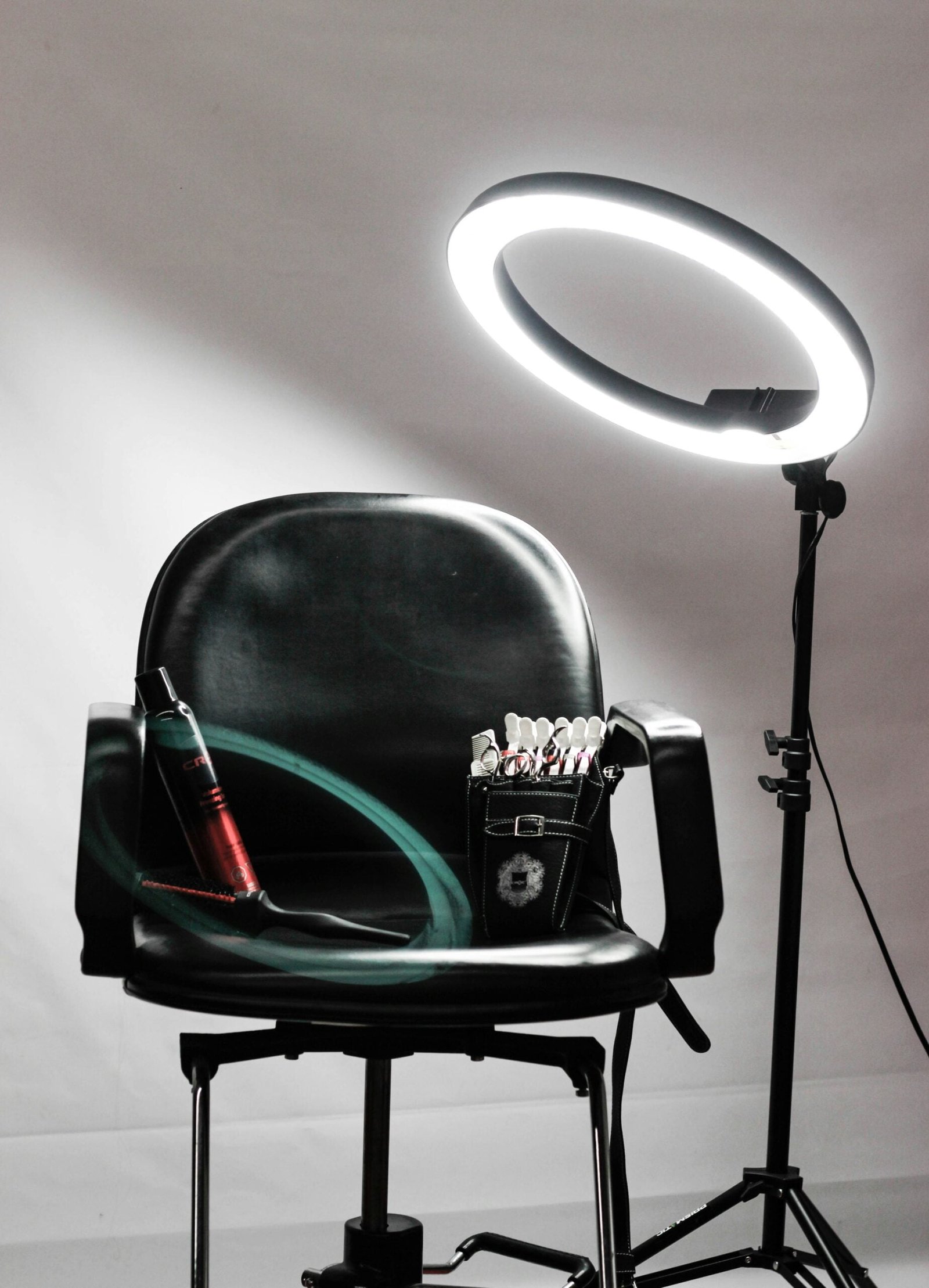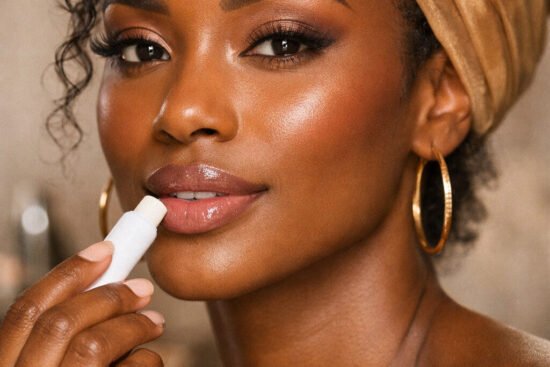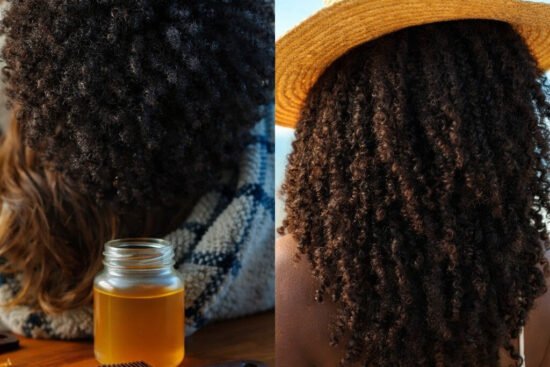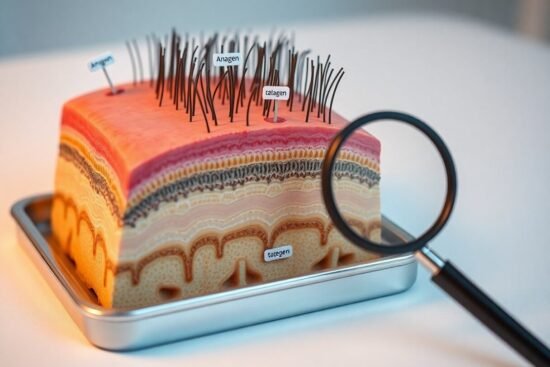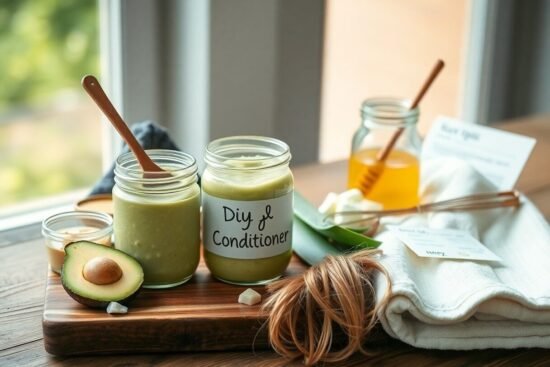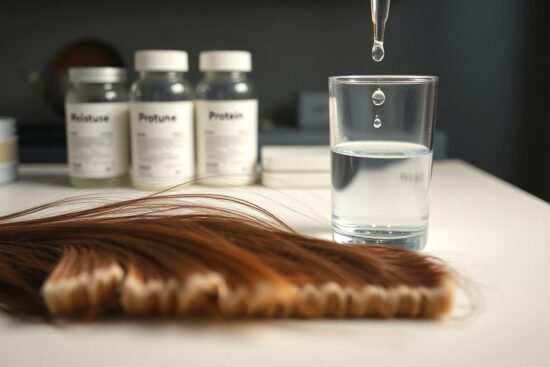
Celebrating the Natural Beauty of African American Women
Welcome to Black Beauty Basics, your dedicated space for celebrating and enhancing the unique beauty of African American women. Here, we delve into the world of specialized hair and skincare, providing you with expert advice, tried-and-tested tips, and the latest trends designed specifically for your needs. Whether you’re looking to nurture your natural curls, combat skin issues, or simply enhance your everyday beauty routine, we’re here to empower you with knowledge and confidence. Join us on this journey to embrace and highlight the radiant beauty inherent in every strand and every shade of your skin. Let’s glow together!
Expert Hair Care Tips
Maintaining healthy hair for African American women involves understanding the intrinsic qualities of their hair, using the right products, and adopting appropriate practices that enhance hair’s natural beauty while preventing damage. Regularly incorporating these techniques into a hair care routine can lead to stronger, healthier hair that exudes natural beauty and confidence. This tailored approach to hair care celebrates the unique texture and style of African American hair, promoting not just physical beauty but also a deeper sense of cultural pride and identity.
Join Our Community Below
Stay updated with the latest tips, product reviews, and expert advice. Subscribe to our newsletter below and never miss a post!
Featured Articles:
What Promotes Hair Growth For African American Hair?
Are you a black woman on a quest for luscious, flourishing hair? Look no further! This article explores the key…
What Makes Black Women Hair Grow Fast?
How Do You Moisturize An African American Scalp?
How Do Black Women Keep Their Hair From Drying Out?
How Do Black Women Protect Their Natural Hair?
Understanding the Unique Nature of African American Hair
African American hair types vary widely but generally share certain characteristics like a curly or coily texture, which affects how sebum (natural oil produced by the scalp) travels along the hair shaft. This often results in natural dryness as the oil does not reach the ends of the hair as easily as it does in straighter hair types.
Moisturizing: The First Rule of Thumb
Importance of Hydration
Moisture is critical for African American hair. Without adequate hydration, the hair becomes susceptible to breakage and damage. Regular use of hydrating products is essential.
Recommended Products
- Leave-in Conditioners: These provide a moisture base for the rest of your hair care products.
- Natural Oils: Coconut, jojoba, and argan oil are excellent for sealing in moisture.
- Shea Butter: Works great as a sealant to keep the hair moisturized.
Application Techniques
Applying these products should follow a method that ensures every strand benefits, typically in small sections and using techniques like the LOC method (liquid, oil, cream) to layer products effectively.
Gentle Handling and Detangling
Detangling Techniques
Due to its texture, African American hair can tangle and knot easily:
- Always detangle hair when it’s damp and conditioned using a wide-tooth comb or fingers.
- Start from the ends and work your way up to the roots to minimize breakage.
Styling Practices
Minimizing manipulation is key to preventing breakage. Protective styles like twists, braids, and updos can reduce daily handling and help retain length.
Cleansing and Scalp Care
Choosing the Right Shampoo
- Sulfate-Free Shampoos: These are gentler on the hair and won’t strip away natural oils as harshly as traditional shampoos.
- Clarifying Shampoos: Used sparingly, they can help manage product buildup, which is crucial for maintaining scalp health.
- Regular massages with essential oils like peppermint or tea tree oil can stimulate blood flow and promote hair growth.
- Scalp serums designed to nourish and rejuvenate the scalp can also be beneficial.
Deep Conditioning and Protein Treatments
The Role of Deep Conditioners
Deep conditioning treatments should be part of a regular hair care regimen. They restore moisture, improve elasticity, and help repair damaged hair.
Protein Treatments
These are necessary for strengthening the hair shaft and repairing damage. However, they should be used judiciously as too much protein can make the hair brittle.
Trimming and Avoiding Damage
Regular Trims
Getting regular trims every 8-12 weeks is crucial to remove split ends and prevent further splitting.
Heat and Chemicals
- Minimize the use of heat styling tools and if necessary, always use a heat protectant.
- Avoid harsh chemical treatments such as relaxers or permanent color as much as possible.
Skin Care Treatment
Radiant Skin: Your Guide to Flawless Glow
Maintaining the skin’s health requires a combination of good practices, suitable products, and regular care. By understanding the unique needs of their skin, African American women can enhance their natural beauty while effectively addressing common skin concerns.
Featured Articles:
Face Care Products For Black Skin?
Are you looking for the best face care products specifically designed for black skin? Taking care of your skin is…
What’s The Best Moisturizer For African American Skin?
Who Manufactured Beauty Products For African-american Women?
Best Skin Care Products For African American Women Over 50?
African American Acne Skin Care Products?
Maintaining healthy skin for African American women involves recognizing the unique characteristics of melanin-rich skin and adopting a skincare routine that addresses specific concerns like hyperpigmentation, moisture retention, and protection. Here are the best practices tailored to the unique dermatological needs of African American women:
1. Understanding Skin Characteristics
African American skin has higher melanin content, which provides some natural protection against UV radiation but also predisposes it to specific issues like hyperpigmentation and keloid formation. It’s essential to understand these characteristics to effectively care for and protect the skin.
2. Daily Cleansing and Moisturizing
Cleansing: Use a gentle, hydrating cleanser that does not strip the skin of its natural oils. Cleansing should be done twice a day (morning and night) to remove impurities and excess oil.
Moisturizing: Choose a moisturizer suitable for your skin type (oily, dry, combination). Ingredients like hyaluronic acid, glycerin, and ceramides are excellent for hydrating and sealing in moisture. For dry or ashy skin, thicker creams or body butters containing shea butter or cocoa butter can be beneficial.
3. Sun Protection
Despite the natural UV protection provided by melanin, sun protection is still crucial. Use a broad-spectrum sunscreen with an SPF of at least 30 daily, even on cloudy days or when indoors near windows. Look for sunscreens formulated to not leave a white cast on darker skin tones.
4. Treating Hyperpigmentation
Hyperpigmentation is a common issue due to the high melanin reactivity in African American skin. Use topical treatments containing ingredients like vitamin C, niacinamide, azelaic acid, or hydroquinone to fade dark spots. Consistent use of sunscreen can also prevent these spots from becoming darker.
5. Exfoliation
Exfoliate the skin 1-2 times a week to remove dead skin cells that can cause dullness and enhance product absorption. Chemical exfoliants like alpha hydroxy acids (AHAs) or beta hydroxy acids (BHAs) are generally more effective and less abrasive than physical exfoliants.
6. Incorporate Antioxidants
Antioxidants help combat free radicals that can cause premature aging and skin damage. Incorporate products with antioxidants like vitamin E, ferulic acid, and green tea extract into your skincare routine, either through serums or creams.
7. Managing Acne and Oily Skin
For those dealing with acne or oily skin, use non-comedogenic products that do not clog pores. Salicylic acid and benzoyl peroxide are effective treatments for reducing breakouts and managing oil production. Remember to hydrate your skin even if it’s oily; skipping moisturizer can actually increase oil production.
8. Professional Treatments
For persistent skin issues like severe hyperpigmentation or scarring, consulting a dermatologist who understands African American skin is advisable. Professional treatments such as chemical peels, microdermabrasion, or laser therapy can be customized to suit your skin needs and offer significant improvements.
9. Healthy Diet and Hydration
Maintain a diet rich in fruits, vegetables, and water. A healthy diet can improve skin elasticity and hydration, while sufficient water intake helps to detoxify the skin and improve its overall health.





